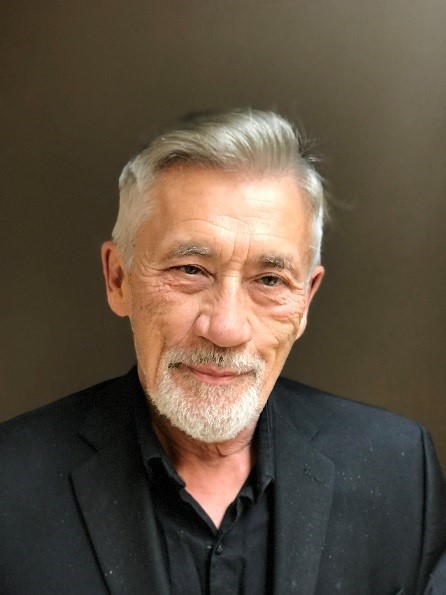WEBCAST: Education for Reconciliation

Education for Reconciliation: Exploring promising practices of learning and leading for public servants
Date: December 13th, 2018
Time: 12:00pm EST - 1:30pm EST
Indigenous governance is an IPAC long-term strategic priority. IPAC was very proud of the incredible efforts made at events, conferences and learning exchanges by its members and chapters during 2017.
The Final Report on IPAC's National Year of Dialogue threads together the common themes for taking action we heard throughout 2017 - planning, education and engagement - to guide governments, public sector institutions and public service employees in building new relationships with Indigenous governments and peoples. Events in 2018 making news at home and abroad demonstrated how deeply relevant reconciliation is to Canada's future wellbeing.
Many Canadians find themselves in uncomfortable discussions about truth and reconciliation, about how little we understand our country's colonial history and its continuing legacy for First Nations, Métis and Inuit peoples. And even while governments at all levels take positive new steps to change the relationship in almost every corner of the country, new issues emerged almost daily, demonstrating just how much hard work remains
The Truth and Reconciliation Commission laid out the challenge this way:
"Reconciliation must inspire Aboriginal and non-Aboriginal peoples to transform Canadian society so that our children and grandchildren can live together in dignity, peace, and prosperity on these lands we now share... It's about coming to terms with events of the past in a manner that overcomes conflict and establishes a respectful and healthy relationship among people, going forward."
The Education for Reconciliation Webcast gathers together representatives from many different areas to share their learning and leading promising practices for public servants and offer their insights into what's working and what's not in response to Call to Action 57. The learning focuses on the important role of public servants in learning, growing and mobilizing for reconciliation. The leading focuses on designing training to best meet the needs of public servants by choosing Indigenous partners for available training and professional development opportunities.
 |
Kenn Richard, Director of Special Projects and Founder of Native Child and Family Services of Toronto
Both sides of Kenn Richard’s family come from the original Métis and Francophone settlements along the Red and the Assiniboine River in Manitoba. He is of the first generation in his family to be raised in an urban environment and graduate from university. He holds a Masters in Social Work, University of Manitoba, and has been practicing social work, principally within Aboriginal child welfare, since the mid-seventies.
Read More Here
|
.png) |
Todd Ross, Indigenous Health Consultant for the Toronto Central Local Health Integration Network (LHIN)
Todd Ross is the Indigenous Health Consultant for the Toronto Central Local Health Integration Network (LHIN). Working with members of the Toronto Indigenous Health Advisory Circle, LHIN peers, Toronto Public Health and other stakeholders, he is responsible for leading transformation in health programs and services for Indigenous people as identified through the Toronto Indigenous Health Strategy.
Todd has previously served as a Senior Advisor to Ontario’s Deputy Premier and Minister of Health and Long-Term Care, the President of the Métis Nation of Ontario and on numerous community boards with a focus on health, housing and human rights.
He was one of three representative plaintiffs in the LGBT Purge class action lawsuit launched on behalf of former federal public servants who were targeted and investigated by Canada based on their sexual orientation, gender identity or gender expression.
Todd is Métis and lives in Toronto with his partner Kirk MacKenzie.
|
Agenda:
1.
Important role of educating public servants in working towards reconciliation
2.
Three cases:
Importance of training for public servants
Importance of Indigenous partnerships in delivering training
What works, what doesn't - promising practices
3.
Q&As
4.
Moving forward with reconciliation: learning and leading for public servants
Non-Members: $25
Members: $20
Students: Free
Group Rate: 5 Persons or more $100
Please Note: Instructions on how to access the webcast will be sent to registrants via email 24 hours prior to the date of the event. (Please support our capacity to hold future webinars by not sharing your casting link)